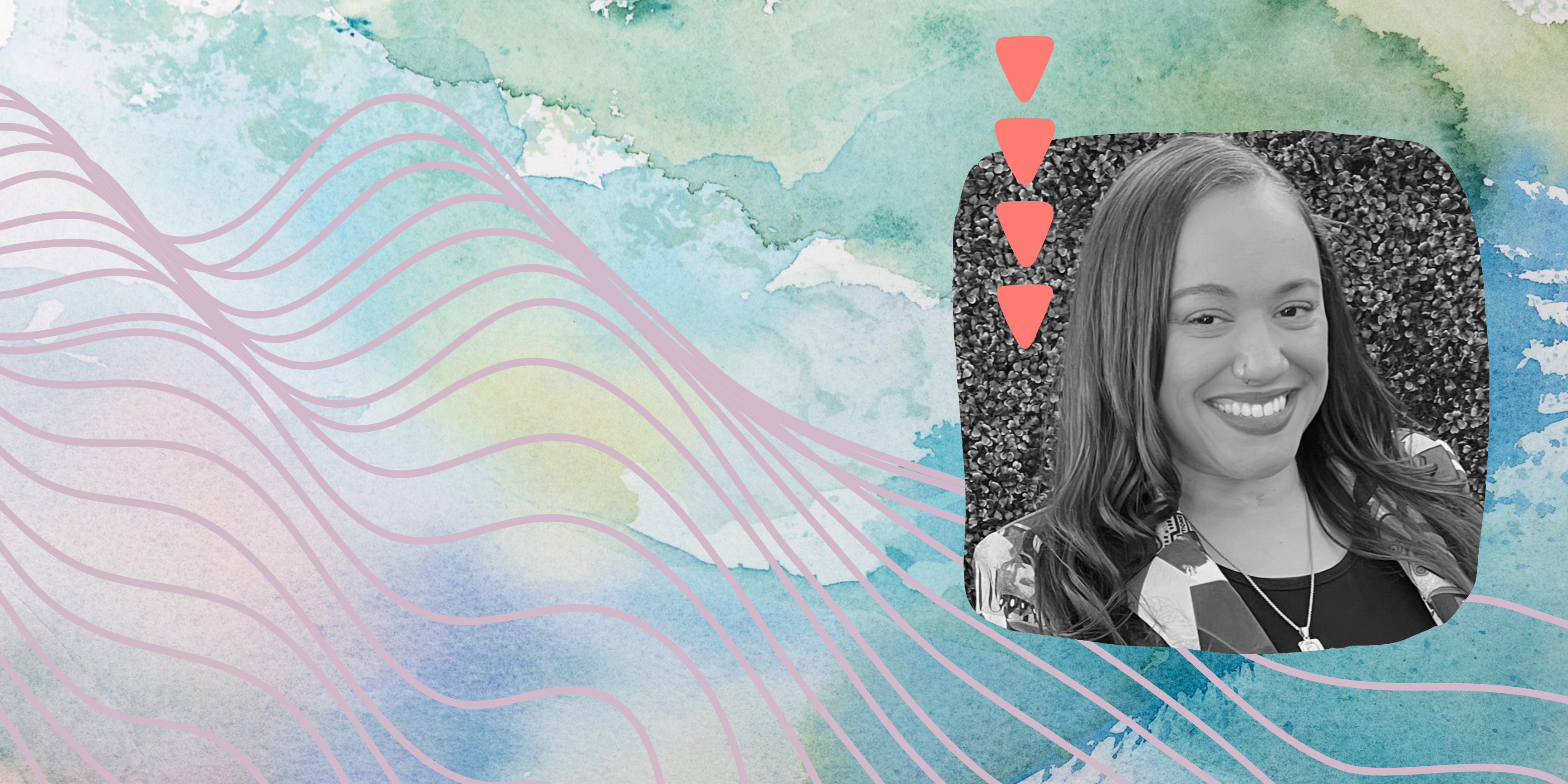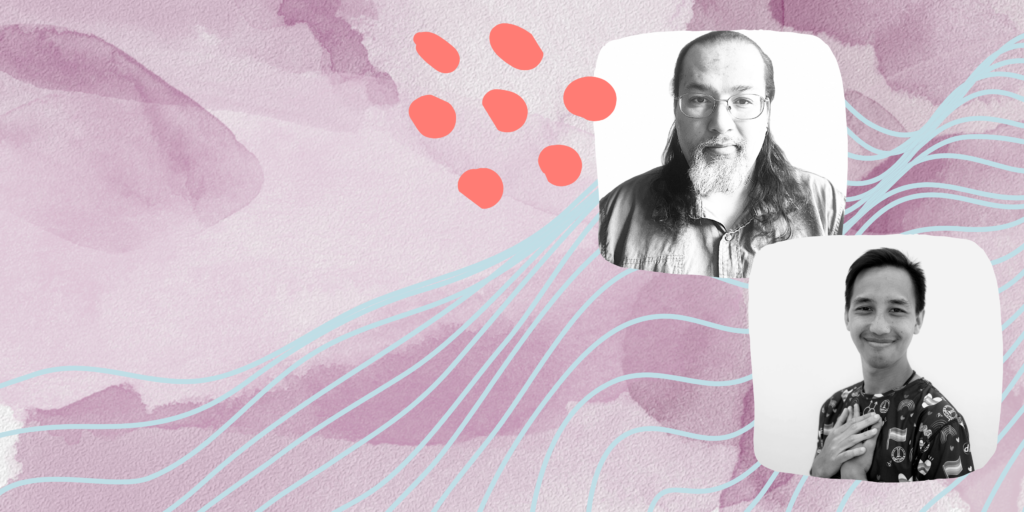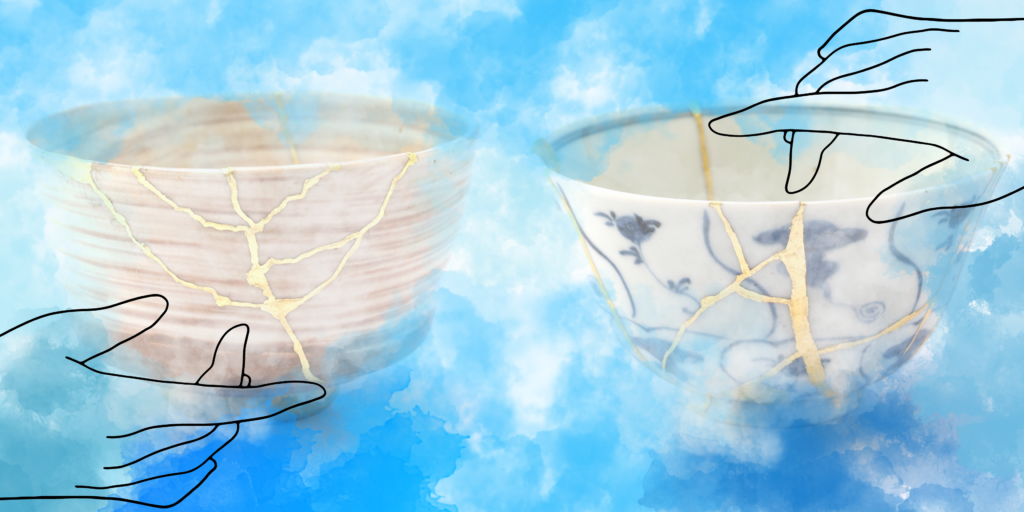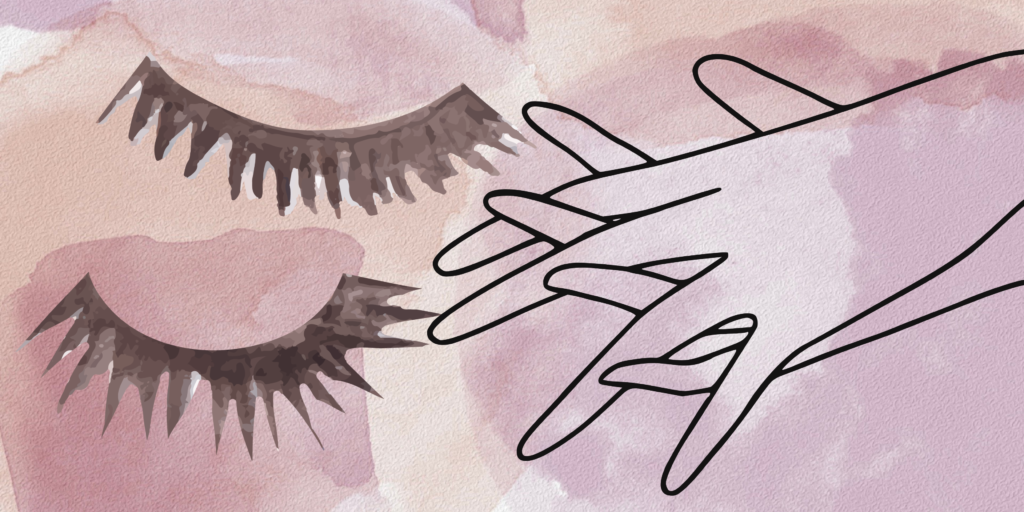A spotlight on Deaf poet and Latina Sickle Cell Warrior Crystal Martinez

January 18, 2023
In August 2022, AAWW hosted a conversation about poetry including Deaf poet and Latina Sickle Cell Warrior Crystal Martinez. The video below includes excerpts from that conversation and covers topics including poetry and process, Maya Angelou, and writing trauma. In the video, Crystal Martinez is voiced by Selena Flowers of Pro Bono ASL, and AAWW events and workshops coordinator t. tran le is signed by interpreter Kristina Monson of Pro Bono ASL. The text transcript below the video has been edited and condensed for clarity. We are grateful to everyone involved with this conversation, especially Crystal Martinez.
t. tran le
Hello, my name is t. tran le, and I am the events and workshops coordinator at the Asian American Writers’ Workshop. As a quick image description: I am an agender Southeast Asian diasporic person with short black hair cut very close to my head. I am wearing a top with a navy-and-white plaid pattern.
I am speaking to you from Brooklyn, New York, in Lenapehoking. We acknowledge the past and present stewards of Lenapehoking and thank them for allowing us to base our programs in this space.
As part of the Poetry Coalition theme for 2022, we are introducing our program for “The future lives in our bodies.”
This year we have been in conversation with Crystal Martinez, a brilliant Deaf poet and Latina Sickle Cell Warrior born and raised in New York City. Here Crystal discusses her process, her relationship to craft and language, and the poetics that propel her writing.
Some more about Crystal: Growing up, Crystal was taught that it was taboo to express herself and found poetry a healing escape for the voice that has been dying to speak. Crystal has a deep passion to inspire and advocate for those who feel they don’t have a voice. Crystal has been featured in THIS ZINE and is a ghostwriter for those who want to channel expression through storytelling.
AAWW’s rendition of “The future lives in our bodies” is in collaboration with our online magazine, The Margins; our friends at Pro Bono ASL; and the Poetry Coalition, a coalition of organizations dedicated to poetry programming. The Margins is our award-winning magazine of arts and ideas dedicated to charting the rise of the Asian American creative class through essays, interviews, and creative writing.
Without further ado, here is Crystal Martinez discussing poetry and language as a Deaf poet.
Crystal Martinez
On Poetry and Process
I fell in love with poetry in the fifth grade when I saw my first Maya Angelou poem. And it was incredible. I felt like wow, this is beauty. And from that point forward, I wanted to start collecting poems, seeing more, and understanding how I can express myself. That was my first exposure to poetry. And it was a starting point for me to be like her, to express myself like her, whether it was pain or something else. I discovered her young, but I was always curious. I fell in love.
I found poetry to be the best way to express myself. Whether the form is short or long—it doesn’t matter. Sometimes I do a three-page poem. And I know that you might be like, “Oh, wow, that’s a lot.” But I feel like I have to challenge myself. Even later, maybe I can write a longer poem. Why should I limit myself? I feel like we can just go and see what happens.
A lot of the time I’m inspired in the shower because I’m at one with my thoughts. Something pops up, and it’s time for poetry! I’m like, “Oh, my gosh, where’s my paper? Where’s my pen? I gotta write something down!” But a lot of the time, I just let myself be open, be willing, and write from my pain, write from my trauma, or something that I’m experiencing as a Sickle Cell Warrior.
I’m not always perfect. I never expect myself to write a poem or be like, “Today, I’m gonna be perfect and write the perfect poem!” I know that can’t happen. But I just let it happen naturally, like a musician. I feel like people who write music and poetry are one in the same. We get something stuck in our head, and it just repeats itself, and we have to write it down. And we would regret it if we didn’t, of course, because we’d lose the thought. We don’t want to lose that inspiration in that moment, whatever that feeling is, heavy in our chest. It has to come out and put itself on paper.
I know pain is pain, but sometimes I want there to be more depth to it. To be able to show that to people, for them to envision what that looks like and be like, “Wow, that’s what your pain is? Wow. Okay. I didn’t know that.” And that’s the point in some of my poetry: I want someone to get a clear picture of what I’m going through. To show that explicit dirt, what’s going on beneath the surface, whether it’s worms or whatever is in there—to get that clear picture out there, and put it all out there.
On Maya Angelou and Writing Trauma
Back to Maya, she’s my number one. I always go back to her because we’re similar—soft-spoken people, but powerful with our words. That’s very important for me. Growing up, I was always quiet. I couldn’t talk about my pain. I learned that it was a taboo topic. So if I’m lost, I come back to her.
I learned that I can talk about different topics, the struggles that I’m going through—the discrimination that I face as a woman, or what have you. I found myself trying to be similar to her. Whether it’s trauma or struggles that we always have. Some people might focus on peace or healing in their poems, and I think it’s interesting to juxtapose what I write in my poems with what other people write in their poems. For me, the battle of life is constant. It’s always a war with what’s going on.
People don’t like to talk about pain or their trauma. They like to hold it aside. I think that we have to overcome it. We have to break the cycle.
As a Sickle Cell Warrior, I have a lot of PTSD. There are situations where we were brushed aside. We couldn’t talk about what we were experiencing. I’ve been in a coma so I have a lot of dreams that make their way into my poems. And as a person who started their journey in life late because I grew up in a hospital, I missed a lot of things. Things that other people got to experience, normal things. As an adult now I’m like, “Oh, that’s what this is. This is what that is.” And that makes its way into my poetry. It has to, you know?
As a Deaf person, my experience so far, especially with sickle cell, I feel like, where are we? Are we hiding? Sometimes I experience a lot of discrimination being Black, Latina, with sickle cell. I want to speak up about a lot of things, take a step forward, and let other people know—we can talk about this. Deaf people experiencing discrimination, Deaf people with sickle cell—we can own our pain and our experiences and express what that looks like. Now’s the time to do that.
Growing up religious and Christian—I’m not deeply Christian, but I still believe—and being in a coma, it’s weird. It’s very surreal. Sometimes I have to question, “Is this real? Or am I still dreaming?” not realizing that it’s my PTSD. I wake up sometimes in a panic, wondering where I am. I want to express that because, again, we don’t get to talk about this. Especially in the sickle cell community, we kind of have to hold it all in, brush it aside. Keep fighting, keep fighting. But all the while we’re going through so much in our minds. We have to deal with doctors, deal with our bodies, how they change with medicine, a lot of the side effects from medicine that nobody wants to talk about because it’s forbidden. We have to be strong. We have to think positive. But it’s like, okay, I can be positive. But I need a safe space to talk about these things.
Because of religion, growing up, I’m drawn to keep writing. I was told to always pray to God and don’t worry about it. “It’s fine. Just pray.” And it’s like, okay, but when can I talk about this? It’s a big thing for me. In the religious community, I feel like, yes, I can still believe, but at the same time, I have to talk about what’s going on, okay?
On Language and Expression
Being born late Deaf—I was born hearing—I’ve been ignored with interpreters. If I have an appointment, they’ll say, “Well, you can talk. You can lip-read, that’s fine.” No, I prefer an interpreter to have access to clear communication. That’s why one of my favorite poems [of mine] is “Listen.” That’s an issue we have in the Deaf community: people not listening to us. And in 2020, with coronavirus and people starting to wear masks, it hit me. It was a big thing. I had been handling it lip-reading, talking. But with masks—ugh, they’re my enemy. It feels like wow, what’s going on? How am I able to talk to people now? My tool is gone. I had to advocate for myself. It wasn’t as easy as I thought. It was hard.
But through that experience, I was able to really see and know how other people feel, people who are born Deaf, what their battles are every day. Some Deaf people can talk; some Deaf people can’t. And so now I really get to see, “That’s what you experience.”
Since two years ago, I’ve not been lip-reading and I feel rusty. I used to be an expert lip-reader, but now I look at people and say, “Wow, that’s too much. I can’t deal with that.” So I’ve been focusing on improving my signing and immersing myself in Deaf culture rather than focusing on the hearing ways of doing things. I feel like I have a foot in both worlds.
On Being a Deaf Sickle Cell Warrior
I do write about different things. Discrimination, yes. My daily battles, what I face with my health issues, or really any topic that deals with my body. A pertinent topic is pain. I like to focus on what life looks like as a Deaf person with sickle cell. Sometimes I feel we don’t talk about how hard it is for Deaf people to get jobs. We’re often ignored or brushed aside in favor of hearing people, and I like to write about that because it doesn’t matter if we have a degree, or advanced education, a master’s degree, a PhD. People will brush us off for hearing people. And those are issues that we face. They’re documented in my poetry. I don’t just write about pain, pain, and only pain. I go through different things in my daily life.
Last year, I was in the hospital. It was a bad experience and very traumatic. This year, I started experiencing pain again. I felt like, “No, I don’t want this.” And I became a trigger on top of my pain. And I felt like I needed to say, “No, I can’t do it. I just don’t want to go to the hospital like a normal hearing person and say, ‘Hi, I’m sick.’” That doesn’t happen for me. There’s so, so much that I go through with sickle cell being Deaf. So really, I couldn’t do it. I couldn’t go to the hospital because of my trauma. I didn’t want to be stuck in that trauma. But I’m very grateful because I have an escape in poetry. I can put down what’s happening to me and share it with the world and show everybody: this is my pain; hold it up.
But as a woman too, that’s another struggle I face. I like to say men have an easier way with things. We have to tell them, “Please listen to us.” I like to continue writing about that in my poetry.
It is a big step for me to talk about—well, it’s hard, I guess, wow—to talk about pregnancy and what women who struggle with pregnancy, especially as Sickle Cell Warriors, often go through. That’s another battle that I dealt with and was important for me to share. It’s tough, but I’m just trying to take this step and talk about it, make sure I get it out there.
It’s heavy to talk about, but poetry is an escape for us. We try to cover it up and play with words and show examples and imagery. But at the root of it, we’re talking about something. That’s what it’s about.
Surgery is another thing. It’s hard to find information about this health issue. Sickle cell was something I got used to, but having this other health issue, not being able to get pregnant, made me feel like less of a woman. Because some women get pregnant very easily. But I’ve encountered something else that I’m struggling through in life. It was a very painful topic for me. And I wanted a space where I can relate with other people, where they can share their pain with me.
On Poetry and Witness
Poetry helps me isolate each traumatic experience that I face, and I can focus on my pain and channel it. It might be a bad habit, but I feel like I’ve had a barrier to so many things in life. My trauma—I’ve been blocked at these things and I have to face it.
And through poetry, I finally have a way to face it and heal from it. It’s a good release. It’s the best release to finally be able to put something down and have it on a paper as proof.
This piece is part of the “Listen to My Hands” portfolio, cosponsored by the Poetry Coalition for its 2022 theme “The future lives in our bodies: Poetry & Disability Justice.”



